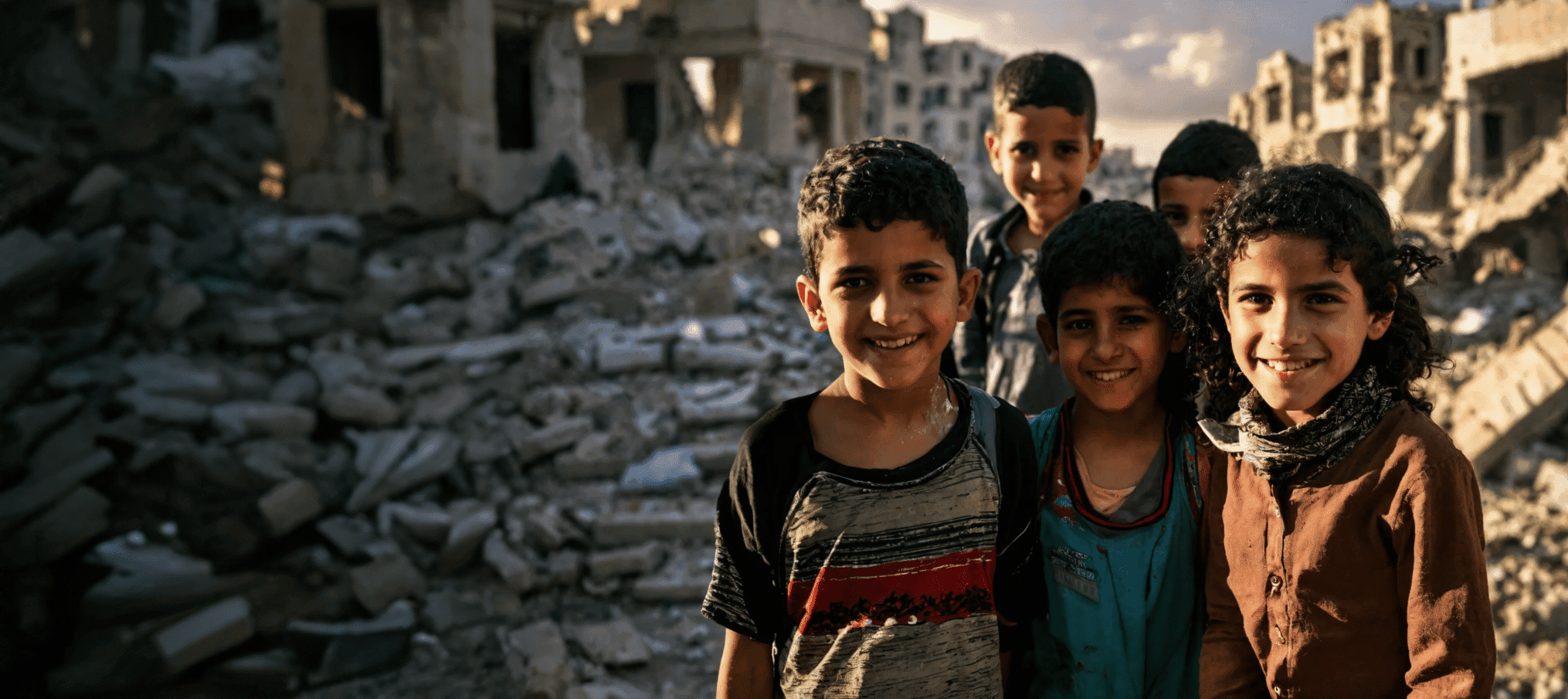Benedict XVI arrived 14 September in the country of the Cedars (www.terrasanta.net). The purpose of the visit, in addition to the strengthen of the relations between Holy See and Lebanon, is the the post-synodal apostolic exhortation delivery, particularly addressed to the Christians in the Middle East where for the ‘’Exhortation is intended as a roadmap for the years to come.’’ said the Pope.
In the speech in Arissa, during the visit to the Basilica of St Paul, before proceeding to the Post-Synodal Apostolic Exhortation signature, the Holy Father has affirmed:
"In examining the present situation of the Church in the Middle East, the Synod Fathers reflected on the joys and struggles, the fears and hopes of Christ’s disciples in these lands. In this way, the entire Church was able to hear the troubled cry and see the desperate faces of many men and women who experience grave human and material difficulties, who live amid powerful tensions in fear and uncertainty, who desire to follow Christ – the One who gives meaning to their existence – yet often find themselves prevented from doing so. That is why I wanted the First Letter of Saint Peter to serve as the framework of the document. At the same time, the Church was able to admire all that is beautiful and noble in the Churches in these lands. How can we fail to thank God at every moment for all of you (cf. 1 Th 1:2; Part One of the Post-Synodal Exhortation), dear Christians of the Middle East! How can we fail to praise him for your courage and faith? How can we fail to thank him for the flame of his infinite love which you continue to keep alive and burning in these places which were the first to welcome his incarnate Son? How can we fail to praise and thank him for your efforts to build ecclesial and fraternal communion, and for the human solidarity which you constantly show to all God’s children?"
Strong words of encouragement, therefore, for the Christians of Lebanon and the Holy Land in a broader sense. That same land where the Franciscans of the Custody of the Holy Land continue to work to keep "alive and ardent" the flame of the love of God in the places in which He became incarnate.

















